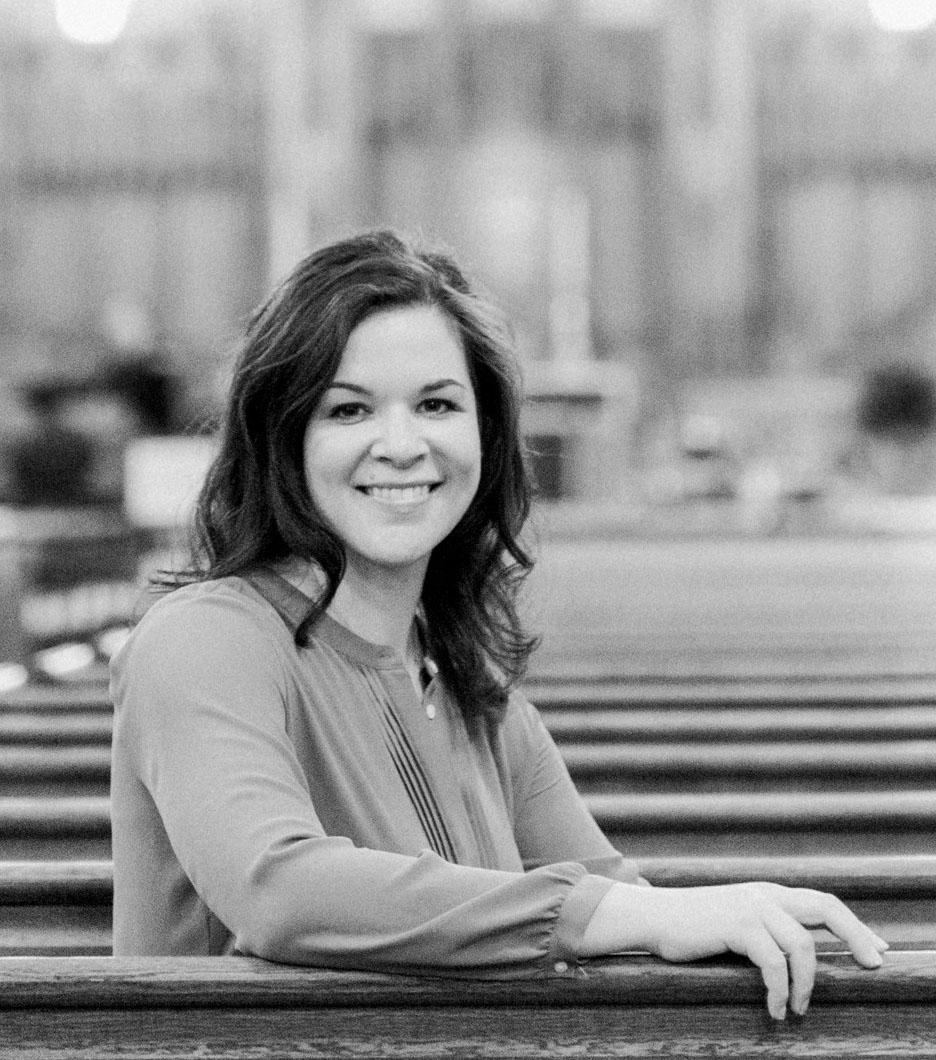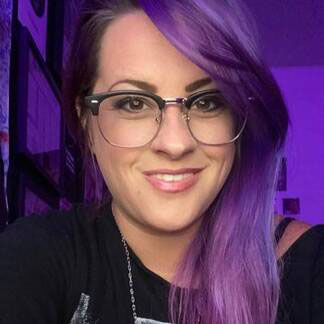The U.S. Food Drug Administration last week lifted regulations on abortion drugs, allowing pharmacists to dispense some medication with prescriptions, prompting adjustments at some faith-based abortion groups.
Some groups that oppose abortion rights filed lawsuits and called on Christians to boycott pharmacies that carry the medication. Other pro-life organizations dug deeper into ideas to support women and make abortion unnecessary.
Reproductive rights groups parsed through what this change means for the logistics of accessing abortion from one state to the next and how best to adjust support and resources.
The change in regulations for abortion medication doesn’t profoundly change access to abortion; where the procedure is illegal, the pills are illegal too; where the pills are allowed from pharmacists, they can be obtained today at clinics.

Katey Zeh
But it marks a shift in mindset about abortion, from the old-fashioned idea of a surgical procedure to a modern understanding of abortion mostly involving medication taken at home.
“At a time when abortion is becoming harder and harder for people to get, this is an expansion,” said Katey Zeh, an ordained Baptist minister who is chief executive of the Religious Coalition for Reproductive Choice. But, “this ruling doesn’t really change how people experience their medication abortion.”
Medication abortions accounted for around 54% of abortions in the U.S. last year.
Since 2020, more than half of abortions in the U.S. are handled with medication. According to the Guttmacher Institute, medication abortions accounted for around 54% of abortions in the U.S. last year.
The medication is called mifepristone, which blocks a pregnancy hormone called progesterone. When taken with another medicine, misoprostol, the combination can be used for an abortion up to 10 weeks gestation, according to the FDA, which says the drug is safe.
The FDA first approved the drug in 2000 and had required medical providers to obtain certification from the manufacturer to dispense the drug in-person, according to Kaiser Family Fund. Typically, a woman would take the first mediation in a clinic and the second medication at home. Last week, the federal regulators lifted the requirement so that pharmacists may fill prescriptions for the drug and women can take it at home.
That is, in states were abortion is allowed. “It’s really complicated for people who are just trying to get the care that they need,” Zeh explained. Many women still will need help navigating the logistics and resources needed for abortion, help that many faith-based groups provide.
And groups that oppose abortion rights are pressuring more states to prohibit abortion pills. The Washington Examiner reported on increased lobbying in some states against the drug. Further, in November, some medical associations that oppose abortion rights filed a federal lawsuit in the U.S. District Court for the Northern District of Texas against the FDA, seeking to reverse the original approval of mifepristone.
Other pro-life groups remain focused on the women they serve. New Wave Feminists opposes abortion by advocating for women. The idea is to ensure women do not feel abortion is their only option. The group recently opened a shelter in Juarez, Mexico, designed to help pregnant migrants safely give birth and care for their families.

Destiny Herndon-De La Rosa
“The second so many states outlawed abortion without adding any life-affirming alternatives, they created a vacuum, a fear, a necessity, or at least it feels like a necessity to a lot of underserved pregnant people at the moment,” said New Wave Feminists founder Destiny Herndon-De La Rosa. “If we truly want to lower the abortion rate, we must address the demand side, not simply the supply side, because our free market will always find a way to repair the supply chain.”
Reproductive rights advocates, on the other hand, tend to view abortion as health care, beyond an alternative to raising a child.
“When I think about my faith, I think about prophetic imagining, and being able to imagine a different reality,” Zeh said. “What do we want to build together?”
She added about heavy abortion regulation: “There’s no quick fix to this. It was decades in the making to get us here, and I think it will be decades getting us out.”
Related articles:
When does life begin? Your opinion on the matter impacts the way you understand contraceptives | Analysis by Mallory Challis
The Baptist war on contraception
Religious groups challenge contraceptive mandate in Supreme Court brief
SBC calls for ‘immediate abolition of abortion without exception or compromise’


